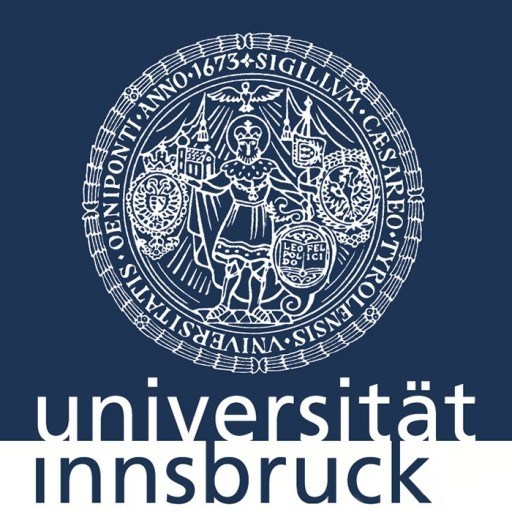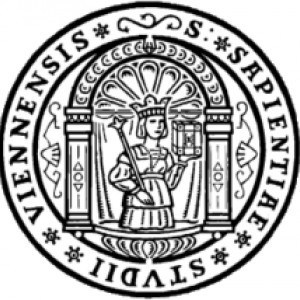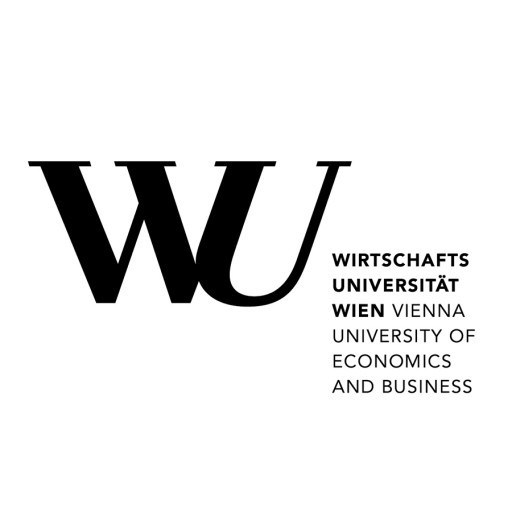Photos of university / #uniinnsbruck
Organization Studies at the University of Innsbruck offers a comprehensive and interdisciplinary approach to understanding the complexities of organizations and their environments. This program is designed for students interested in exploring how organizations operate, evolve, and influence society, with a focus on developing critical thinking, analytical skills, and practical expertise. Throughout the course of study, students will engage with theories and methodologies from various disciplines including sociology, management, economics, and political science, enabling them to analyze organizational behavior, leadership dynamics, organizational change, and innovation processes. The curriculum emphasizes both theoretical foundations and applied skills, preparing graduates for diverse careers in consulting, corporate management, public administration, non-profit organizations, and research. Students benefit from a vibrant academic community, experienced faculty members, and opportunities for international exchange and internships. The program also encourages research and independent inquiry, fostering a deep understanding of organizational challenges in a globalized world. Graduates of Organization Studies at the University of Innsbruck will be equipped with the knowledge and skills necessary to contribute effectively to organizational development and strategic decision-making, making a significant impact in various professional fields.
First Semester
- Approaches to Organization Studies
- Organizational Design
- Communication and Conflict
Second Semester
- Interventions in Organizations
- Organizational Dynamics and Change
- Elective Module
Third Semester
- Organizational Analysis: Research Methods
- Organizational Knowledge and Management Development
- Elective Module
Fourth Semester
- Master’s Thesis
- Master’s Thesis Defence
Elective Modules
- Ethics in Organizations
- Art, Culture and Expert Organizations
- Gender, Work and Organization
- HRM and Organization
- Organizational Communication and Governance
- Current Issues in Theory and Practice of Organizations
- Accounting and Organization
- Special Topics in International Accounting
- Interdisciplinary Perspectives on Accounting
- Corporate Valuation
- Information Economics
- Applied Risk Management
- Current Topics in Banking and Finance
- Financial Regulation
- Applied Behavioral Finance
- Current Topics of Information Systems, Especially Social Aspects of Information Systems
- Entrepreneurship
- Marketing Performance Management
- Current Topics in Strategy & Marketing
- Creativity & Change Management
- Human Relation Management (I): Intercultural Human Resource Development
- Human Relation Management (II): Employment-Oriented Consulting
- Interdisciplinary Skills
Requirements
- Completed a bachelor's degree in a relevant related field.
- Transcript of records including number of ECTS-Credits completed,
- Curriculum vitae,
as well as (originals or officially certified copies):
- Notice (“Bescheid”) confirming awarding of bachelor’s degree,
- Diploma certificate,
- Examination certificate,
- Diploma Supplement
- Transcript (list of examinations completed).
The financing of the Organization Studies program at the University of Innsbruck is primarily supported through a combination of public funding, student tuition fees, and additional financial aid options. As a publicly funded university in Austria, the University of Innsbruck benefits from government subsidies that help maintain the affordability and accessibility of its academic programs. Tuition fees for international students are generally higher than those for Austrian and EU/EEA students, but the university also offers various scholarship opportunities to support students financially. These scholarships may be based on academic performance, financial need, or specific criteria such as nationality or field of study.
Students are encouraged to explore external funding sources, including government grants, private scholarships, and international funding programs that can help cover tuition fees, living expenses, and research costs. The university also provides information about part-time job opportunities available on or near campus, enabling students to supplement their income while pursuing their studies. Financial planning for the Organization Studies program should include consideration of accommodation costs in Innsbruck, student fees, textbooks, and other study-related expenses.
International students may also have access to specific financial aid programs designed to support their integration and success during their studies. Additionally, some students benefit from student loans or sponsorships provided by their home countries or affiliated institutions. The university’s administrative offices offer detailed guidance on application procedures for scholarships and financial aid programs, ensuring prospective students understand all available options to fund their education. Overall, the financial structure of the Organization Studies program is designed to make higher education accessible to a diverse student body, emphasizing affordability and support through various financial resources and assistance programs.
Organization Studies at the University of Innsbruck offers students a comprehensive understanding of how organizations function within a global context. This program emphasizes the development of analytical and practical skills necessary to manage and lead organizations effectively in diverse environments. Students are exposed to interdisciplinary perspectives, integrating insights from management, sociology, and economics to better grasp organizational dynamics. The curriculum typically covers topics such as organizational behavior, strategic management, human resource management, innovation, and leadership. Emphasis is placed on both theoretical foundations and practical applications, with students engaging in case studies, projects, and internships to enhance their real-world understanding.
The program aims to prepare graduates for careers in various sectors, including consulting, corporate management, public administration, and non-profit organizations. By fostering critical thinking, problem-solving abilities, and intercultural competence, the program equips students with the skills needed to address complex organizational challenges. Collaboration with industry partners and participation in seminars by experts in the field are integral parts of the academic experience. Thematic research areas at the university include sustainable management, digital transformation of organizations, organizational change, and leadership development. Graduates of Organization Studies often pursue further academic research or enter the workforce with a solid foundation that enables them to adapt to rapid changes in organizational environments.
The university's approach combines classroom instruction with practical workshops and seminars, offering a balanced mix of theory and application. Language of instruction is primarily English, catering to an international student body. The program encourages international exchange and cooperation with other universities, providing students with opportunities to study abroad or participate in joint projects. Typically, the program duration is two years for a master's degree, leading to an MSc in Organization Studies. Admission requirements generally include a relevant undergraduate degree, proficiency in English, and motivation to specialize in organizational analysis and management. Overall, the University of Innsbruck's Organization Studies program aims to develop competent, innovative, and socially responsible organizational professionals ready to meet current and future challenges in the global economy.



